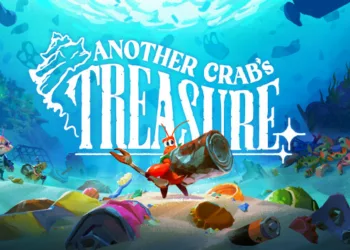An artificial intelligence engine developed by Meta can now directly translate more than 200 world languages. The project, announced in March, has the potential to make the group’s platforms accessible to many more people.
The aim of the project, called “No language left behind” (NLLB), is to develop a supertranslator capable of speaking all the languages of the world. This is an ambitious project, and it has already reached 200 languages.
The world’s best supertranslator
The first artificial intelligence model of Meta is called NLLB-200 and is capable of translating 200 languages without using English. The AI’s goal is to achieve a truer translation, enabling translations to be as close as possible to the original publications. There are over 7,000 languages spoken in the world, so NLLB-200 still has a lot to learn.
The Meta AI also includes minority languages, including 55 from the African continent, with excellent results. In fact, NLLB-200’s performance exceeds that of other artificial intelligence translators by 70% for dialects from Africa and the Indian subcontinent. For example, content can be translated into Kikuyu (spoken by 6 million people in Kenya) or Kamba (spoken by less than 4 million people).
A little step towards digital democracy
In the long run, the AI will become active on all of Meta’s platforms, with the objective of translating content posted on social networks into 200 languages.
This means that social networks such as Instagram and Facebook will be made accessible to many more people who will be in a position to enjoy a variety of content in their native language. This is therefore a major strategic advantage for Meta, which will undoubtedly gain users.
It also represents a step forward for digital democracy and for ensuring universal access to communication and information technologies. The existing digital divide and the inequalities in access to digital technology are strengthened by the language barrier. This is therefore a way for today’s users to interact without having a common language.
























